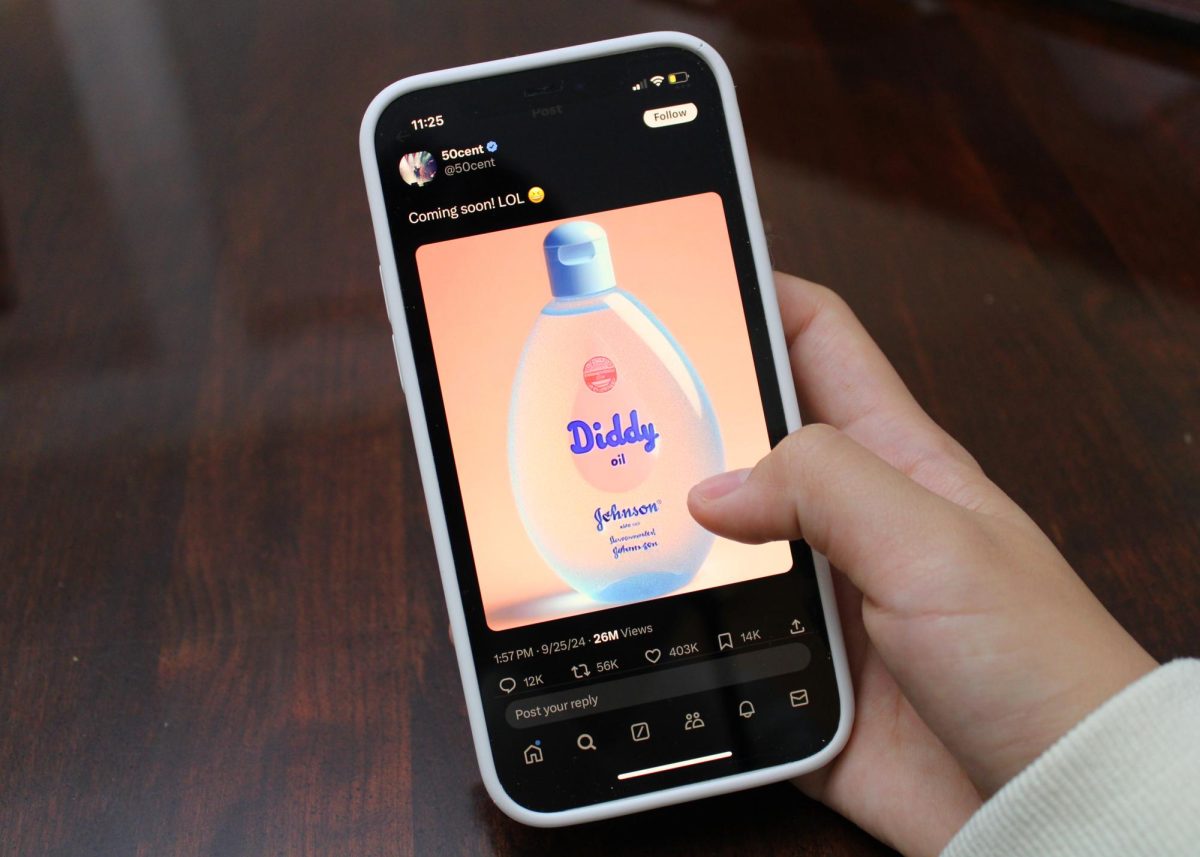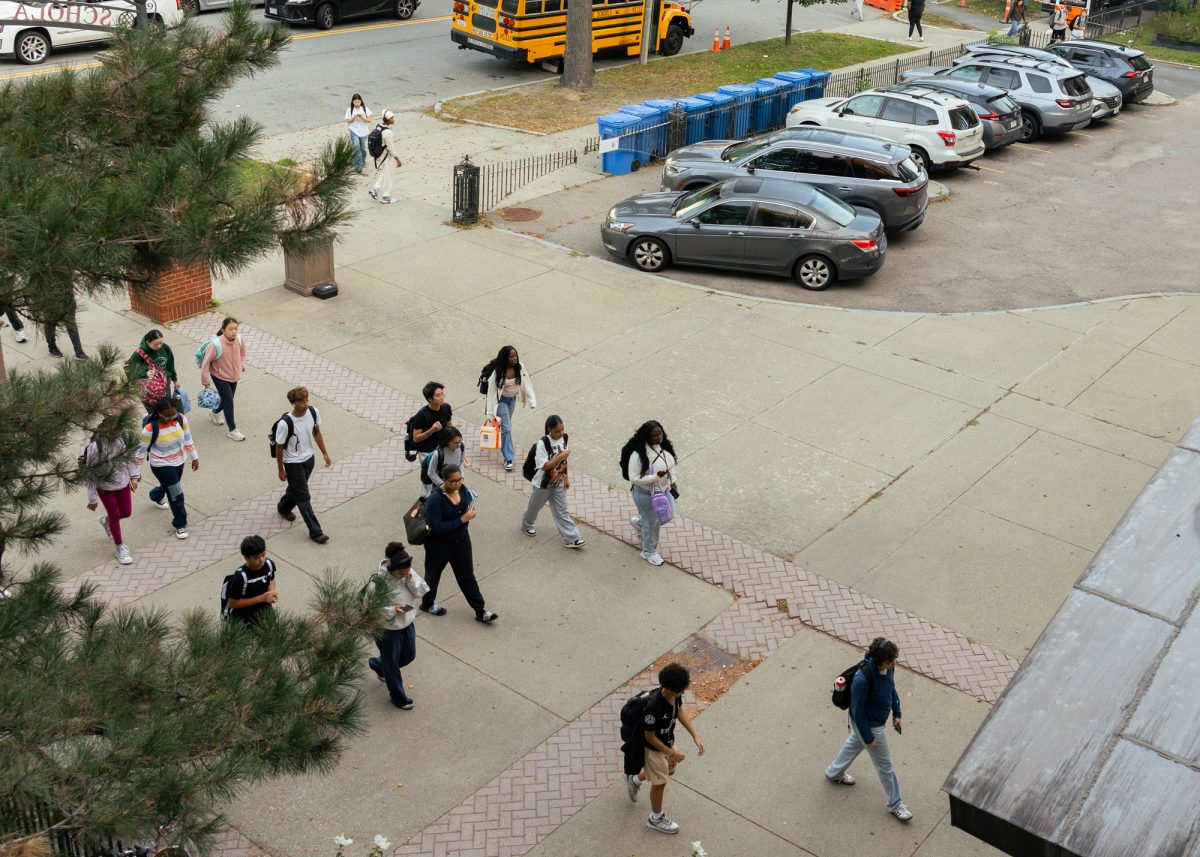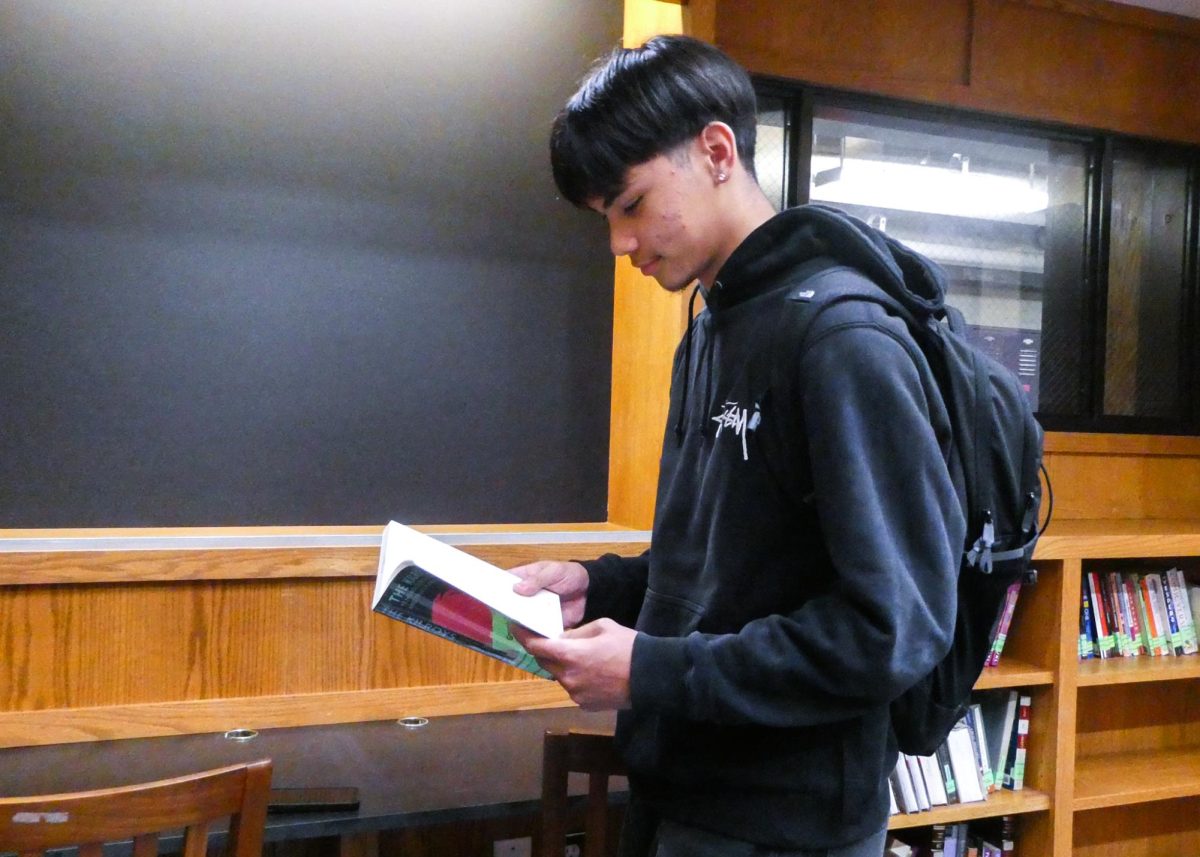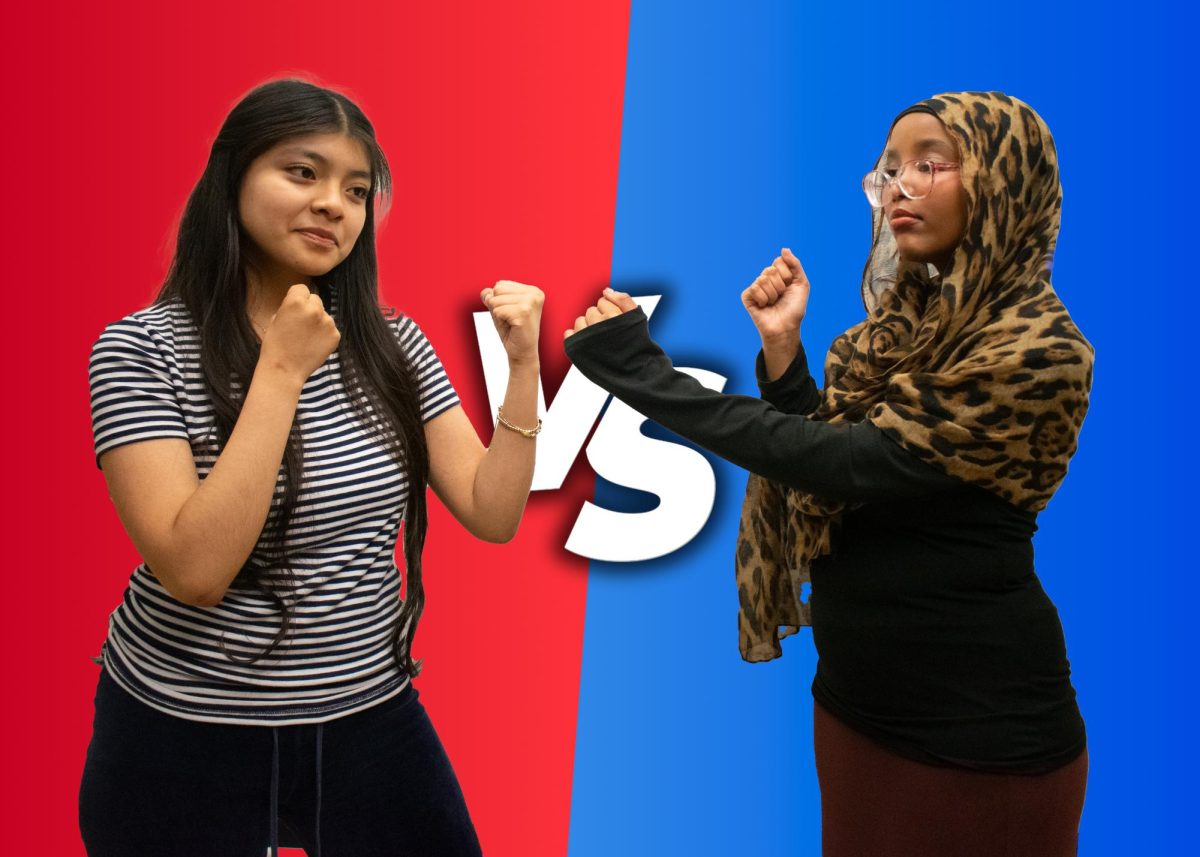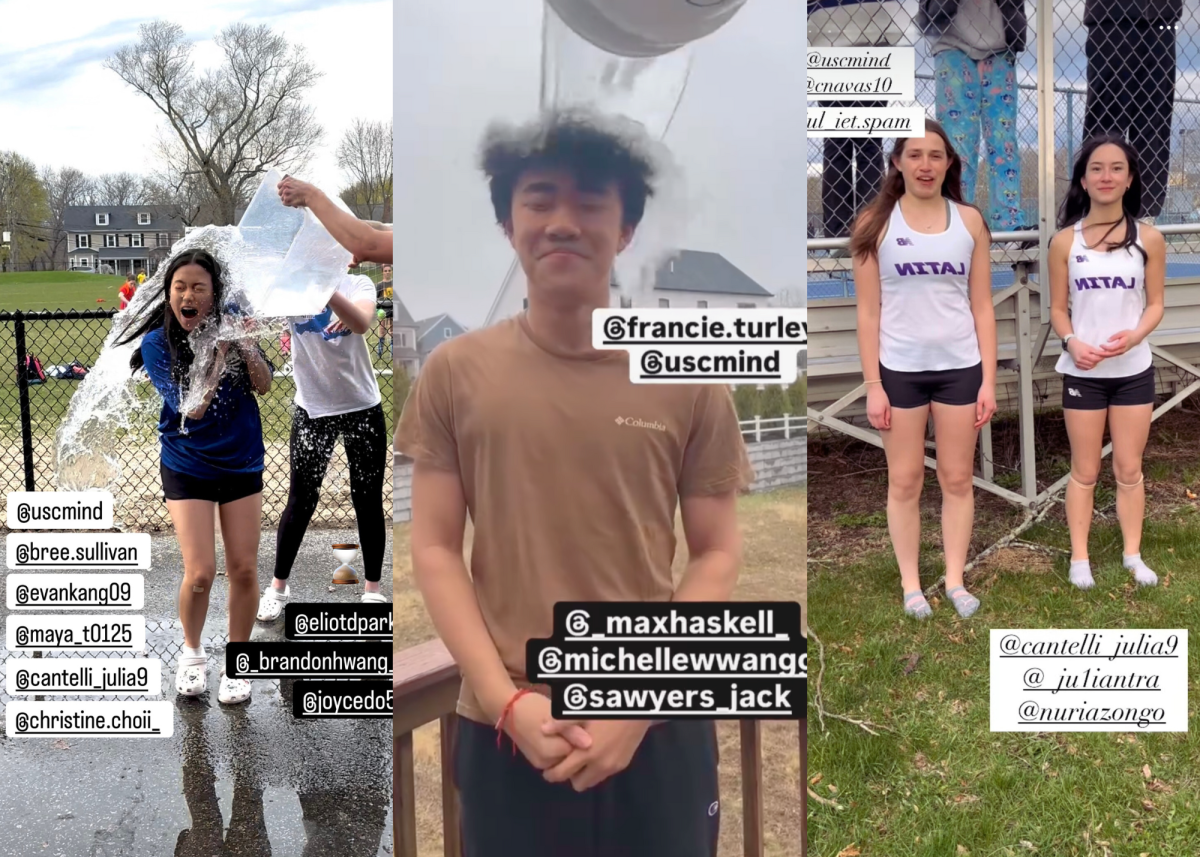Baby oil. What once was an innocuous household product is now synonymous with rapper Sean Combs, also known as P. Diddy, who kept a stash of more than 1,000 bottles at his home for use during his infamous parties, some of which allegedly involved sexual assault against minors. Now, P. Diddy is under arrest, and his crimes are as serious as they get. But this has not stopped people from making problematic jokes about the circumstances surrounding P. Diddy.
Simply put, jokesters often neglect the real human victims involved in these situations. Women were coerced and trafficked, children were violated and the people who attended P. Diddy’s parties allowed these crimes to happen, without any regard for the consequences. When people crack inconsiderate jokes, they turn these victims’ suffering into humor for widespread consumption. The trauma carried by P. Diddy’s victims is real, and reducing the situation to a meme is wrong, even if the jokes do not specifically target the victims.
Another factor that harms society is the way we consume media. Memes and headlines only tell part of the story, and people often do not take the time to investigate topics more deeply. This leads to a warped perception of what happened to the victims, which makes it more likely that only certain voices are heard.
Charles Ellrodt (II) disagrees, arguing that, “In a way, [P. Diddy jokes] are somewhat helpful in that they’re raising awareness about what he’s done.” This perspective does not tell the full story, however, because it only focuses on the perpetrator without properly acknowledging the victims. This outlook does not heal society, as it merely attacks P. Diddy without creating an atmosphere of growth and progress that helps victims recover. While P. Diddy deserves to be regarded as the criminal he is, his victims deserve to be remembered even more, since they were the ones impacted by his crimes.
Some argue that it is necessary for society to use humor to discuss serious topics since they are otherwise uncomfortable to address. BLS history teacher Mr. Brian Smith acknowledges this, but also recognizes that, “The more we crack jokes or make light of something, the more desensitized people can become.” Over time, this desensitization becomes normalization, as we have seen with discriminatory messages that have recently surfaced. Slowly, this normalization has altered many people’s mindsets, enabling problematic responses to real issues.
Another important question to ask is why these jokes did not occur with similar cases in the past, like those of Harvey Weinstein or Jeffrey Epstein. BLS history teacher Mr. Nicholas Fogel comments, “Our near-constant use of media, especially social media, allows us to see bad things happening in a way we might have been more blind to before. This helps spread awareness and can spur action and change, but it can also be hard on us emotionally.” Ellrodt elaborates on this trend: “Over the past five years, over COVID-19, people have started taking things less seriously.”
Although it is easy to assume that there is no harm in a joke, we should consider our words carefully and ensure that they genuinely align with our values. It is a battle trying to confront societal issues, but it is our responsibility to handle them properly to prevent similar situations from happening in the future. Mr. Fogel leaves the BLS community this reminder: “Having a mindset of empathy and always being aware of the impact your words can have is an important thing to learn.”
Categories:
P. Diddy Memes: A Slippery Slope
By Brandon Flores (II), Staff Writer
November 30, 2024
0



